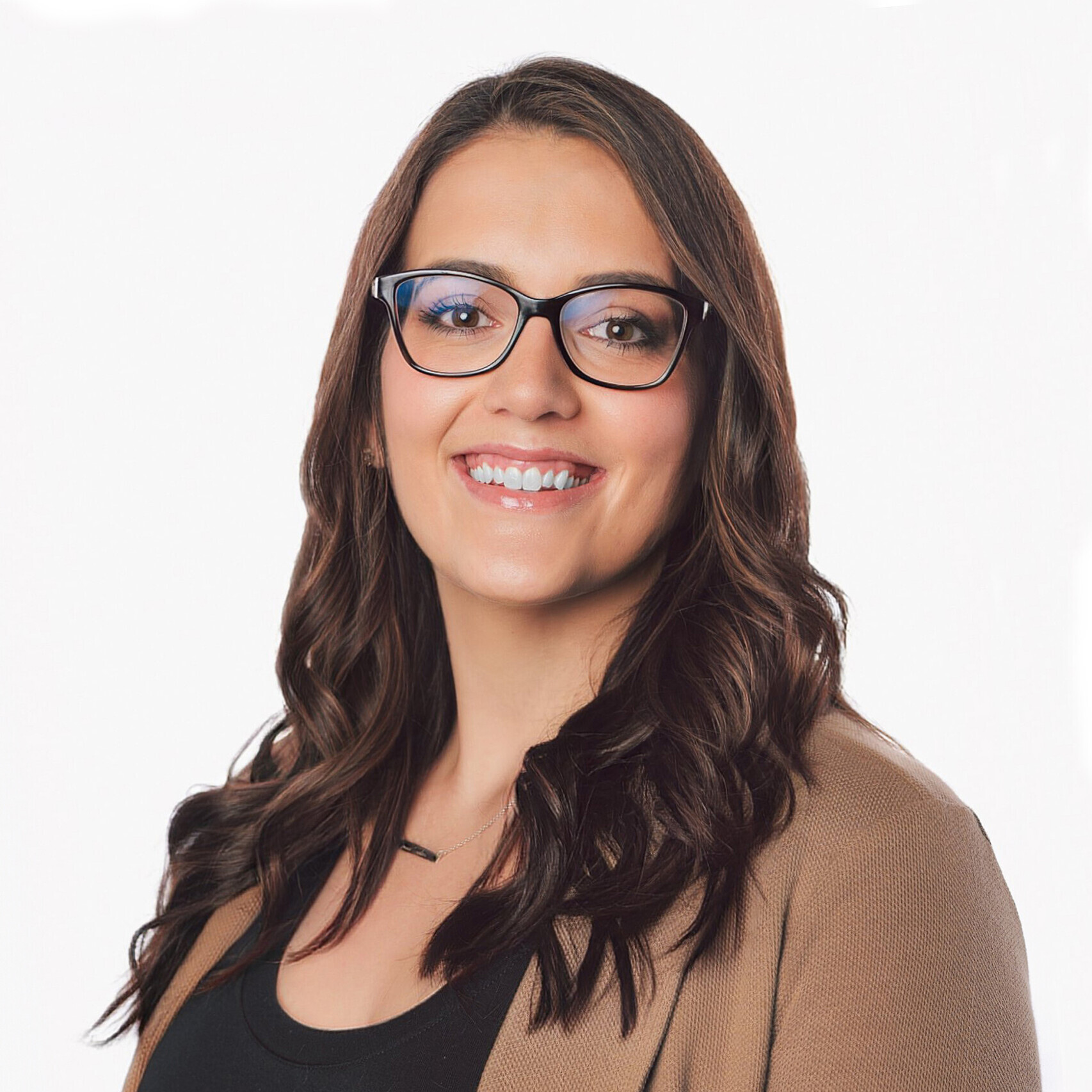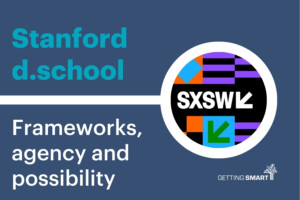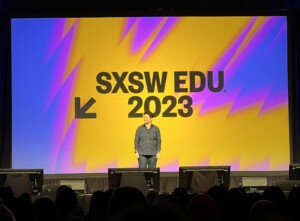4 Reasons to Attend the Inaugural Digital Learning Annual Conference

When we hear ‘inaugural conference’ we think opportunity and new ideas. There’s a recent buzz in the air around the launch of the Digital Learning Annual Conference (DLAC), and we are all ears. We think you should be too.
DLAC derives from the September 2018 establishment of the Digital Learning Collaborative (DLC), a membership group dedicated to exploring, producing, and disseminating data, information, news and best practices in digital learning. With the DLC’s online community well into development, the members and organizers decided that hosting an onsite gathering would be a logical next step.
DLAC’s first conference will be held April 1-3, 2019 at the Hyatt Regency in Austin, TX. The three-day conference will not only explore online learning, digital learning, and the use of technology in education, but will be focused on the exploration of where attendees are relative to their educational goals, and how digital learning can be used to reach the next level.
We’ve done our research and have outlined below our top four reasons to attend this inaugural conference.
1. Learn from and collaborate with an array of thought leaders and educators.
The agenda is set, and the speakers are scheduled. You can surely expect to see some familiar faces like Thomas Arnett, Saro Mohammed, David Kanter, Aaron Jones and represented organizations like Clayton Christensen Institute, The Learning Accelerator, MasteryTrack, Virtual Learning Leadership Alliance, Microsoft Education and more. But at the core of this conference, are the speakers who are everyday educators from large and small school districts across the country sharing their unique digital learning narratives.
Speakers. Along with John Watson, Founder of Evergreen Education Group, opening speakers, Alexandra Griffith, of Oshkosh Area School District, and Heather Hiebsch, of TeachUNITED, were selected to share about their in-the-trenches journeys using digital learning in their classrooms and schools. Griffith, a public high school English teacher, will share the accomplishments and setbacks in working to best leverage technology supports in her classroom (see her story here). Hiebsch, Co-Founder and Executive Director of an education network using tablet technology and teacher training to transform rural schools across the world, will share her experience as the founding principal of one of the most successful hybrid public schools in Colorado to her current work with TeachUNITED.
2. Share your ideas and experiences.
This conference is an opportunity to connect with digital learning educators and leaders alike. Advisory Board attendees include leaders from school districts, state agencies, iNACOL, Bloomboard, Institute for Teaching and Learning, Pearson, Foundation for Online and Blended Learning and many more.
Sessions. DLAC’s session format is unique in that most presentations are planned for fifteen minutes plus five minutes of Q&A, to ensure that the conference is built around discussions among all attendees. Talks are meant to inspire conversations and DLAC wants to make space for those conversations to happen in both facilitated and informal sessions. There will be plenty of opportunity for outside-the-session connections with both familiar colleagues and new acquaintances. As many of us know, hallway conversations are such a crucial and powerful time at conferences! It’s great to see one where that is naturally built in.
3. Feel welcome to attend, no matter what level of knowledge or expertise.
DLAC is specifically geared towards a wide audience of educators, district leaders, researchers, policymakers and those representing companies and non-profit organizations.
Attendees. If you have experience or interest in learning about online/blended learning environments, system-level digital learning programs, digital tools, resources, professional learning and other supports, then this conference environment will be a good fit for you. The only caveat is that attendees come with an open mind and a willingness to share and learn from one another about how technology can most effectively increase student opportunities and improve student outcomes.
4. Attend at a discounted rate.
We hope the above are reasons enough to attend this one-of-a-kind event, but we’re thrilled to offer an added bonus. As a special offer to readers of this post, DLAC is offering a $100 discount on registration using the following promotional code: GETTINGSMART@DLAC.
Registration. All details about registration can be found here and any further inquiries can be addressed by contacting the conference organizers at (616) 340-8066 or at [email protected].
An inaugural conference is exciting – and we can’t wait to see the conversations, inspiration and change that is sure to come from a gathering of digital learning minds at DLAC. If you can’t make it to Austin this year, follow along on Twitter using @theDLAC and #DLAC19. Also, be sure you subscribe to DLAC’s newsletter to stay up to speed on conference happenings, resources and information about DLAC 2020.
For more, see:
- 27 Can’t-Miss Education Conferences for 2019
- Smart List: 50+ Advocacy Organizations Making a Difference
- Infographic | Engagement in a Digital Learning Environment
This post is sponsored by Evergreen Education. If you’d like to learn more about our policies and practices regarding sponsored content, please email Jessica Slusser.
Stay in-the-know with all things EdTech and innovations in learning by signing up to receive the weekly Smart Update.






beasiswa kampung inggris
"Learn from and collaborate with an array of thought leaders and educators", in some cases this tip seems does not work because of different culture and teaching tradition. I have ever applied this tip in my circumstances but failed. I thought deeply about that, and the reason is teaching culture and tradition within our environment. Do you have any ideas about this case?